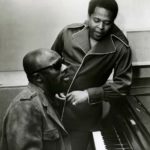Stax Songwriter Series
Eddie Floyd and Al Bell
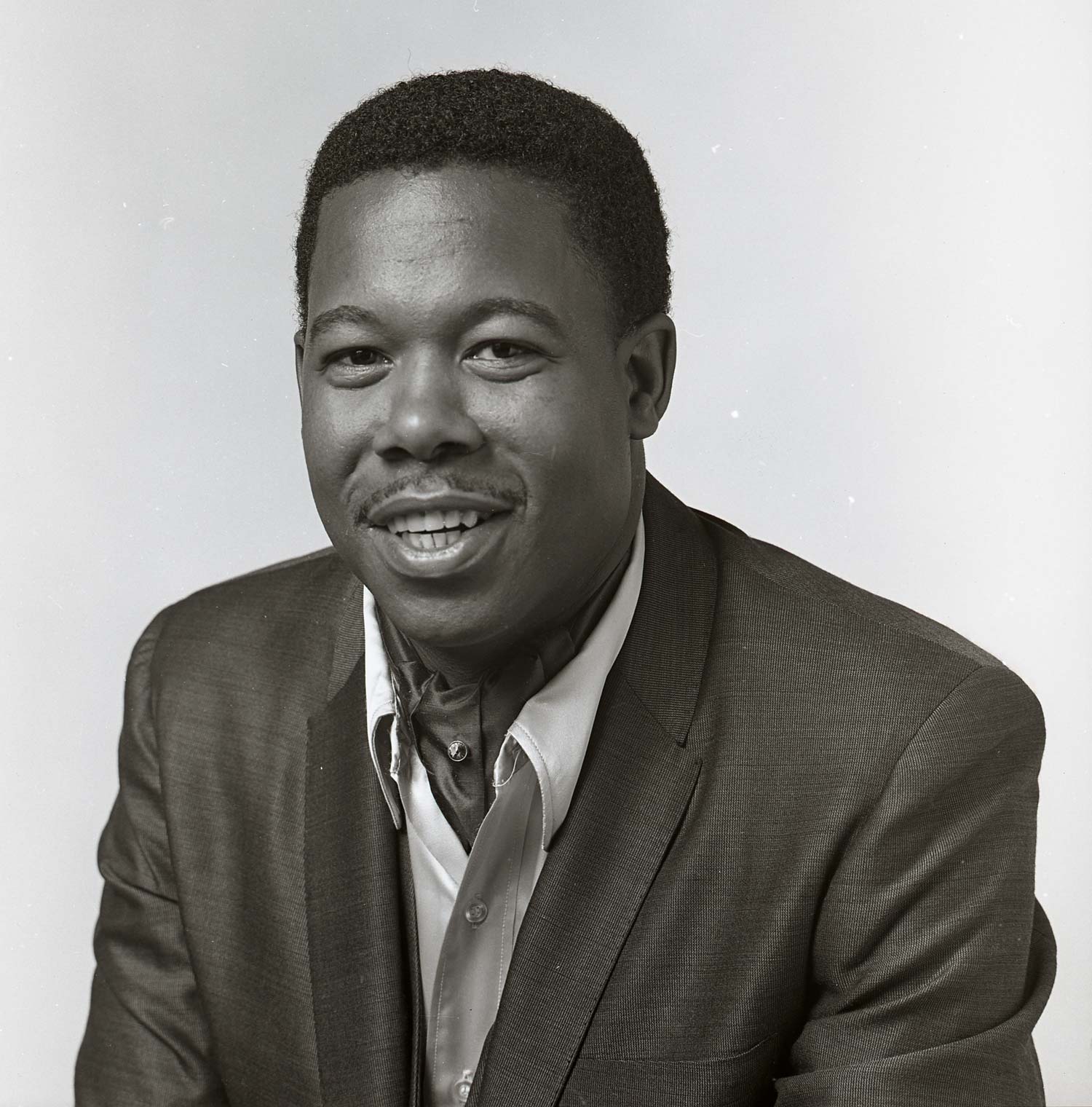
Eddie Floyd
By the time Eddie Floyd and Al Bell crossed paths to forge their long withstanding collaborative partnership, R&B faithful across the country had long known both men to be mavens of soul music. However, neither Floyd, a former lead vocalist looking to strike out on his path, nor Bell, a burgeoning and beloved radio host, had cemented a reputation as a bonafide songwriting force. Through their work together, often as a duo and sometimes with a third collaborator in their writing circle, the two dedicated soul men met success both in the recording studio and on the charts.
Eddie Floyd, born in Montgomery, Alabama, on June 25, 1937, began his journey to soul stardom in Detroit, where his family moved when he was only six weeks old. There, he’d contribute to an R&B scene that had yet to give way to the Motown hit factory that would become the leading sound of America’s youth. Floyd’s uncle, Robert West, an influential figure in Detroit’s early soul landscape and owner of LuPine Records, provided a young Floyd with an intrinsic link to the music business. And Floyd found a way to make a lasting impression among a crop of enthusiastic rising stars in the area by co-founding The Falcons, an all-star group of talent that would eventually kickstart the careers of Mack Rice and Wilson Pickett. Although the group garnered more than one substantial hit, including a debut on Mercury Records, the ensemble called it quits shortly after the success of their Lu Pine release “I Found a Love,” in 1962.
Floyd set his sights on starting anew away from Detroit, fearful that the ubiquitous allure of Berry Gordy’s Motown Records left slim pickings for artists unaffiliated with the label. Having traveled with The Falcons, Floyd had taken a liking to Washington, D.C. for its East Coast flair and innovative, young Black artists. Notably, Stax and Atlantic Records star female vocalist, Carla Thomas, happened to be one of those artists, away from her home in Memphis while attending Howard University. The two had previously met at a nightclub in Nashville while Thomas was in undergraduate studies at Tennessee State University. In D.C., they’d become reacquainted at the behest of Alvertis Isbell, a fellow Southerner living in the nation’s capital and a DJ with deep ties to Stax Records. With one writing session, all three would converge to embark on a journey that would take the rest of the label along with them.
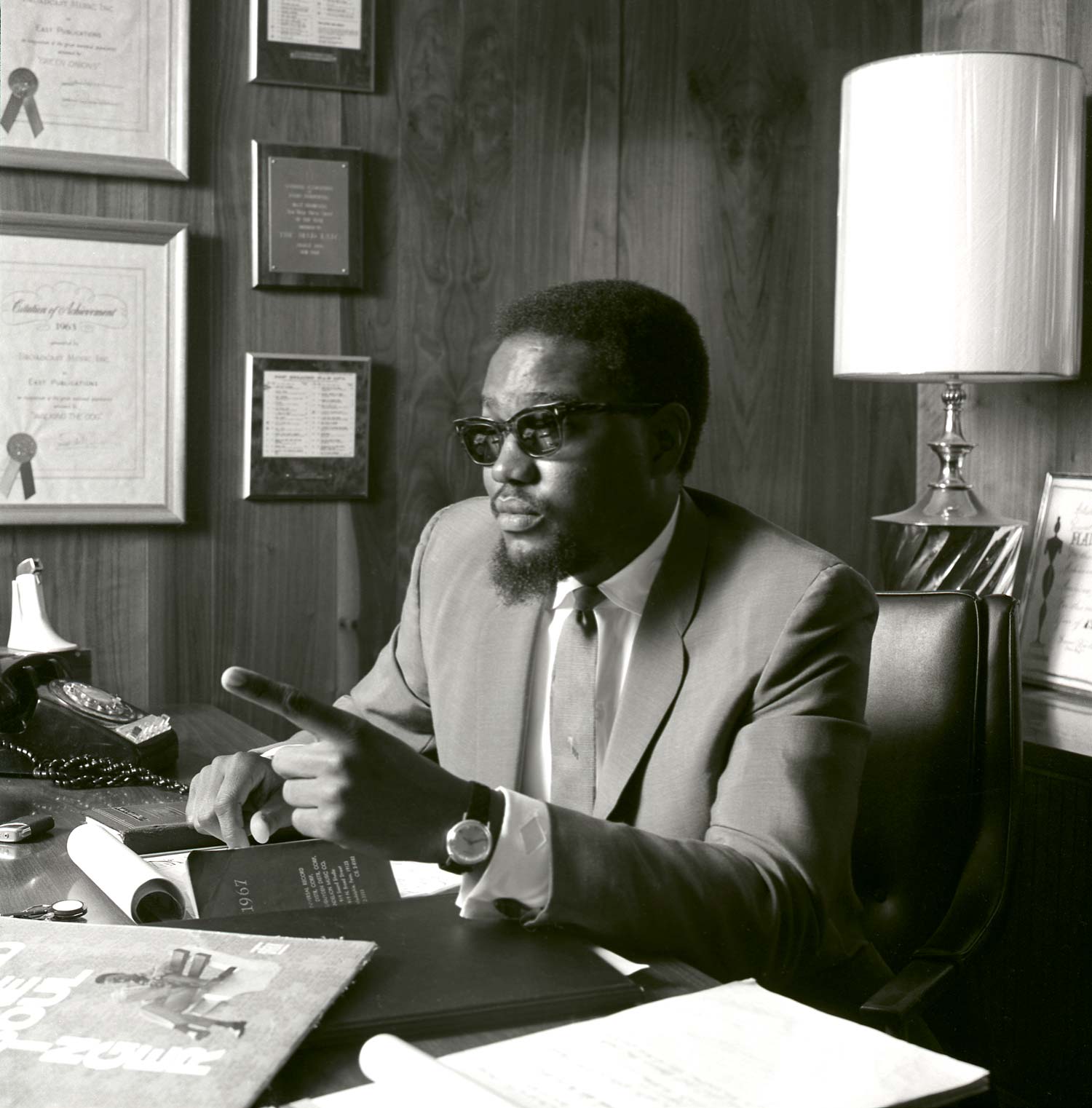
Al Bell
Isbell was born on March 15, 1940, in Brinkley, Arkansas, and grew up in North Little Rock. In high school, Bell took to programming student activities, including presiding over school dances, where he often took charge of spinning records. After Isbell had organized a talent competition for local high school students, the general manager of Little Rock’s KOKY radio station invited Bell to see their operations. The encounter resulted in the young music fan filling in on-air, eventually working regularly and shortening his name to Al Bell, as he developed a repertoire as a radio personality. Stepping away from the microphone for a spell, Bell attended Philander Smith University and became active within the Southern Christian Leadership Council.
Following graduation, Bell returned to the radio again, finding work at Memphis’ WLOK, in 1961. He spent his time there building relationships with artists on the Stax Records label and traveling artists who used their studio. Soon, he’d take his radio talents to Washington, D.C.’s WUST. Bell maintained his relationship with Jim Stewart and Estelle Axton, working diligently to champion Stax’s music in a D.C. market still skeptical of the blues-infused Southern roots of Stax’s signature sound.
By the time he’d found his footing in D.C., Bell had already established himself as a well-respected and connected resource in the national soul music community. His cache led Chester Simmons, a former bandmate of a young Marvin Gaye, to introduce Bell to his friend Eddie Floyd, who had just relocated from Detroit to the Capital City.
The three men co-founded Safice Records and began releasing singles by local artists, many of which featured Floyd as a songwriter. Notably, Bell joined Floyd as a co-writer on both sides of Roy Arlington’s “Everybody Makes a Mistake Sometimes,” backed with ”That’s Good Enough” in 1965. The label’s popularity and Bell’s congeniality aided Safice in securing a distribution agreement with Atlantic Records.
And although Bell’s varied musical enterprises netted him a relatively sizable regular income, his devoted interest in Stax’s sound positioned him as a cherished confidante for label executive Jim Stewart. So invested in Stax’s success was Bell that he sanctioned a meeting and writing between himself, Eddie Floyd, and Carla Thomas in Washington, D.C. Following the meeting, Floyd and Bell composed “Stop! Look What You’re Doing” and “Comfort Me” with Thomas in mind. The two men would use Bell’s radio studio to cut demo versions of the tracks and pitch them to Stewart as potential Stax releases. Stewart’s approval came with an invitation for Bell and Floyd to be with Thomas in-studio in Memphis during the subsequent recording sessions, further enhancing the relationship between the Safice and Stax staff. “Stop!” earned Thomas a spot at no. 30 on the U.S. R&B chart.
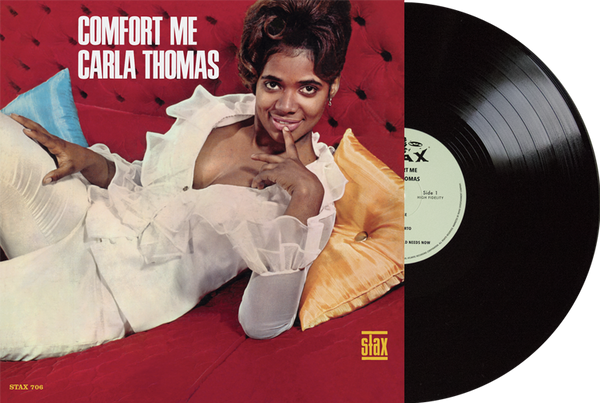 Consequently, Atlantic’s Jerry Wexler agreed with Stewart that Bell’s gregarious enthusiasm for Stax’s product could be a more immediate benefit to the label’s in-house business than his advocacy as a supporter. So, Wexler agreed to supplement Bell’s salary should he sign on as Stax’s promotions lead. To sweeten the deal, Stewart pledged that Bell could gain equity in the company to earn what he’d lose initially in salary by taking a remarkable pay cut. Bell joined the label in 1965.
Consequently, Atlantic’s Jerry Wexler agreed with Stewart that Bell’s gregarious enthusiasm for Stax’s product could be a more immediate benefit to the label’s in-house business than his advocacy as a supporter. So, Wexler agreed to supplement Bell’s salary should he sign on as Stax’s promotions lead. To sweeten the deal, Stewart pledged that Bell could gain equity in the company to earn what he’d lose initially in salary by taking a remarkable pay cut. Bell joined the label in 1965.
Luckily, Stax wouldn’t only enlist Bell’s services, as Floyd came along as a songwriter and artist, blending quickly with Steve Cropper as an unlikely hitmaking songwriting duo. But he wouldn’t separate from Bell. The two worked together to create “I Got Everything I Need” by Sam & Dave, “Another Night Without My Man” by Carla Thomas, and “Sugar, Sugar” by The Mad Lads, all in 1966.
Eclipsing his previous work as a member of The Falcons, Eddie Floyd would find the solo stardom he craved when he topped the U.S. R&B chart with “Knock on Wood” that same year. So, in 1967, he’d follow it up with “Raise Your Hand,” a tune co-written by Bell and Cropper which boasts a shamelessly similar composition to his previous hit. It found a home at no. 16 on the U.S. R&B chart.
In 1968, Floyd released “I’ve Never Found a Girl (To Love Me Like You Do),” which he wrote with Bell and Booker T. Jones. The single, only the second to be released on a revamped Stax Records, fresh off the disillusion of the label’s distribution relationship with Atlantic Records, reached no. 2 on the U.S. R&B chart. Jones later revisited “I’ve Never Found,” repurposing elements of the song’s melody for his 1969 single “Time Is Tight.”
In the same year, Bell and Floyd would connect for Floyd’s “Girl I Love You” and “I’m Not Ashamed to Beg or Plead” by Jimmy Hughes. In 1971, the duo co-wrote “’Till My Back Ain’t Got No Bone,” a single for William Bell, which would soon be covered by both Stax bluesman Albert King and jazz fusion songstress Esther Phillips. In 1972, they’d compose The Soul Children’s “Just the One (I’ve Been Looking For).”
As Floyd ascended to one of Stax’s most versatile songwriters and solo performing workhorses, Bell would reach incredible heights as Stewart fulfilled his promise to make way for Bell to earn ownership in the company. With co-founder Estelle Axton’s exit from the company in 1970, Bell became Stax co-owner, fulfilling the role until the label folded in 1975.
The Songwriters Series ARCHIVE

Frederick Knight
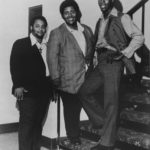
Rance Allen

The Mad Lads

Carl Hampton and Homer Banks
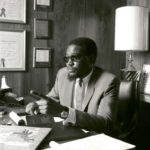
Eddie Floyd and Al Bell

William Bell and Booker T. Jones
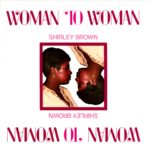
Eddie Marion, James Banks, and Henderson Thigpen
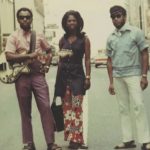
We Three (Bettye Crutcher, Raymond Jackson & Homer Banks)

Eddie Floyd and Steve Cropper
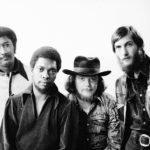
Booker T & the M.G.’s

Steve Cropper and Otis Redding
